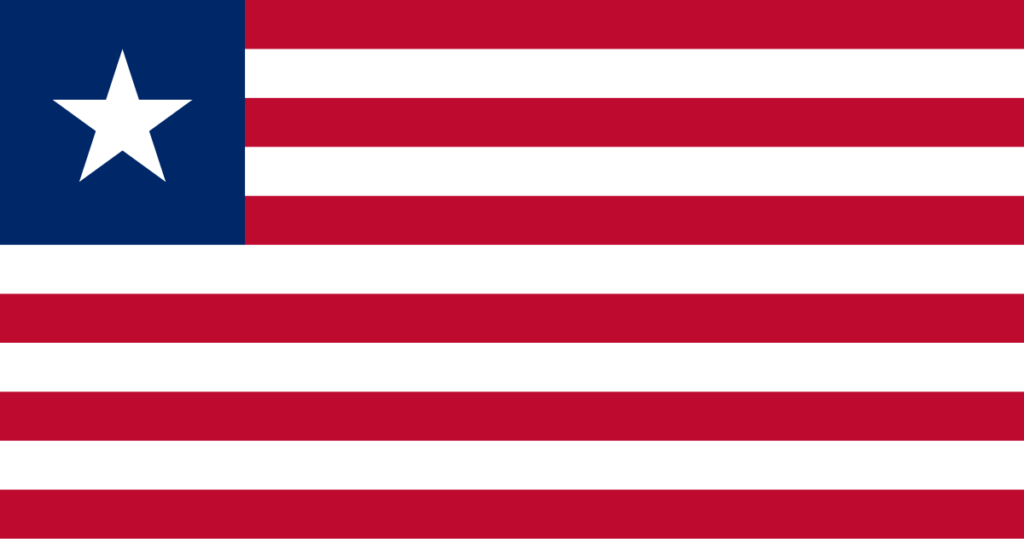
Introduction
Liberia, a West African nation with a rich history, has been in the spotlight lately due to significant developments in its economy, education, and healthcare systems. With a population of approximately 5 million, understanding the events shaping Liberia is crucial not only for its citizens but for regional stability and international partners.
Economic Developments
In recent months, Liberia has seen a resurgence in economic activity, driven by foreign investments in natural resources and agriculture. According to the Central Bank of Liberia, GDP growth is projected at 4.5% for 2023, up from 2.3% in 2022. Key investments by international firms in the mining and palm oil sectors have created jobs and stimulated local economies. However, challenges remain, including inflation and infrastructure deficits, which the government is actively working to address through strategic partnerships.
Educational Reforms
The Liberian government has also prioritized educational reforms, aiming to improve literacy rates which currently stand at about 60%. In partnership with various NGOs and international organizations, new programs are being implemented to enhance teacher training and learning materials in schools. Recent initiatives have focused on STEM education, with the intention of preparing a skilled workforce for emerging job sectors. By 2025, the government aims to achieve a literacy rate of 80%, enhancing opportunities for the youth.
Healthcare Improvements
Healthcare in Liberia has seen noteworthy progress, particularly following the Ebola epidemic between 2014 and 2016, which highlighted significant gaps in the system. The Ministry of Health launched campaigns to enhance health services, focusing on maternal and child health, infectious diseases, and mental health, establishing more healthcare facilities across the country. Recent statistics show an increase in healthcare access, with 70% of the population now within a 5 km radius of basic health services, improving overall health indicators.
Conclusion
The developments in Liberia depict a nation not only striving to recover from past adversities but also ambitiously looking towards the future. Continued investment in its economy, education, and healthcare is pivotal for sustainable growth. As Liberia progresses, it is essential for global partners to engage with and support these efforts, underscoring the importance of collaborative development initiatives. Readers should keep an eye on Liberia, as its trajectory in the coming years could serve as a model for other developing nations facing similar challenges.



